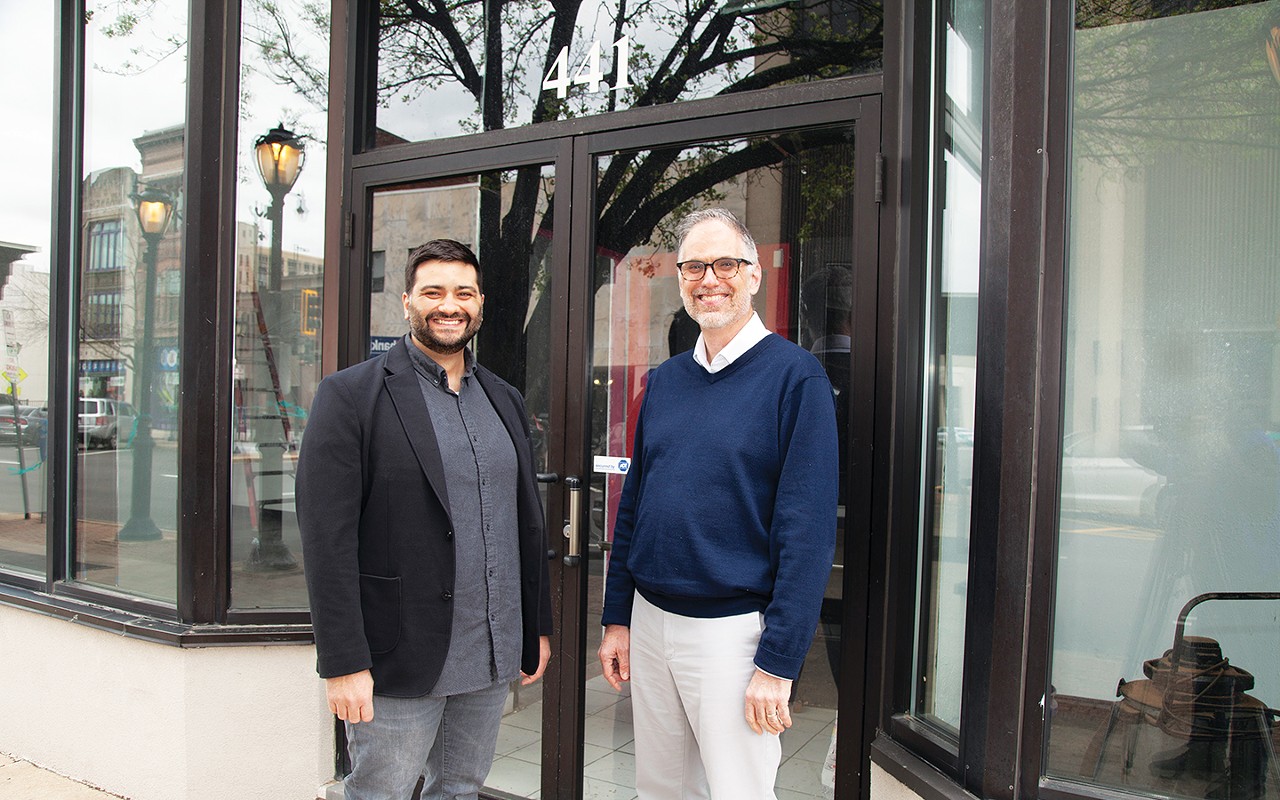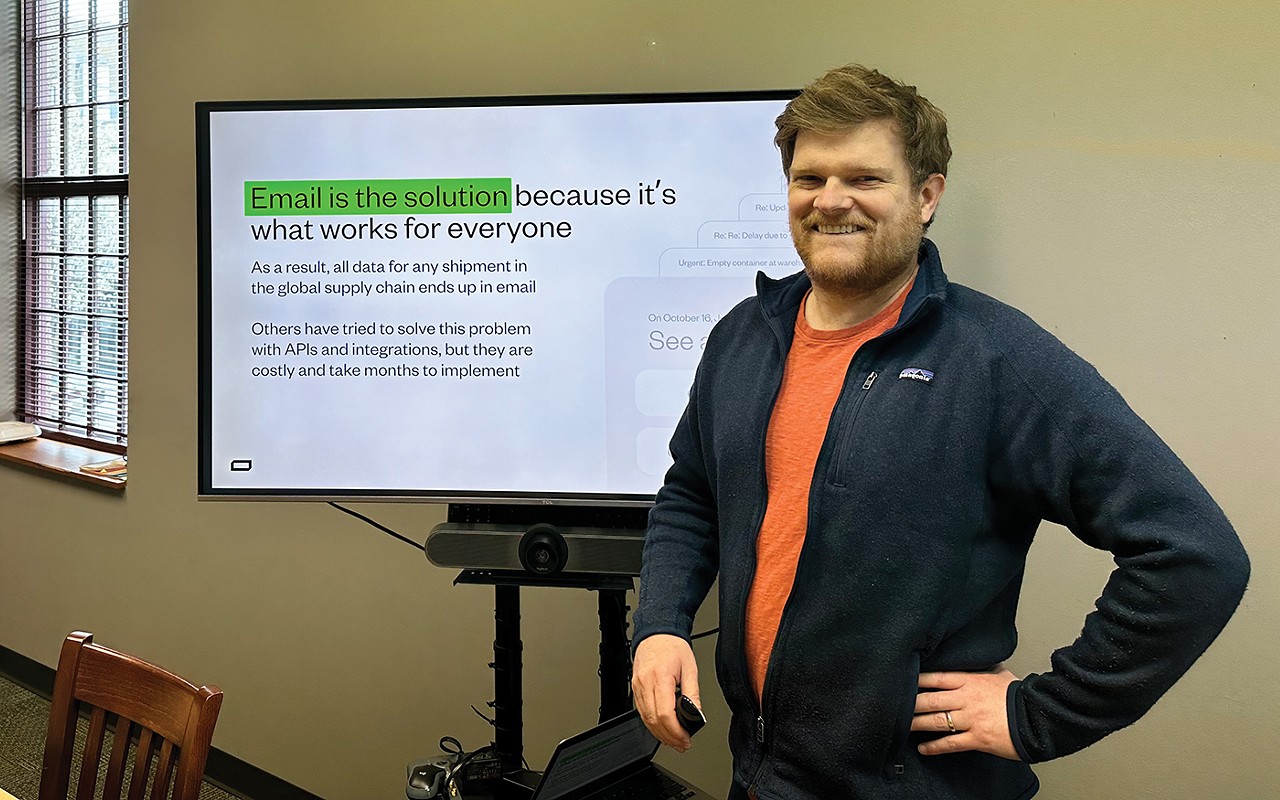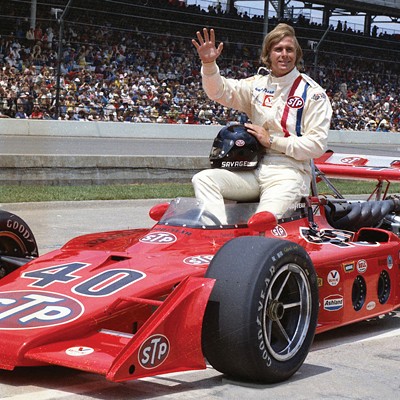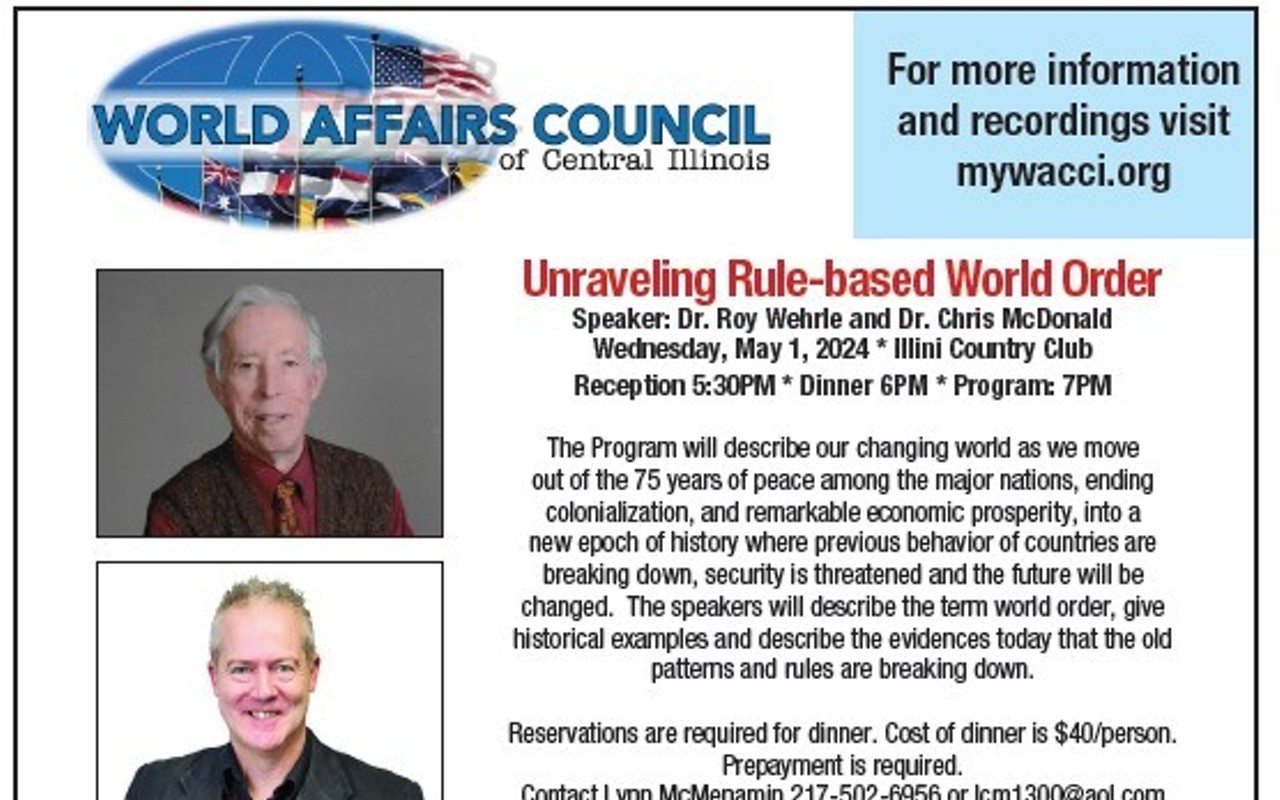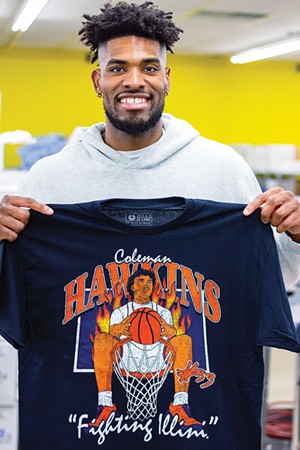
Thanks to ingenuity and fortunate timing, Campus Ink has become a sensational example of small business expansion, with the assistance of Illini Angels investment capital. Founder Steven Farag isn't a coach, player or official, but he and his team logged many miles on the road to the Final Four.
When rules changed in 2021, allowing college athletes to profit from their own name, image and likeness (NIL) property, Farag, a young University of Illinois graduate, recognized a fantastic opportunity to grow a family-owned T-shirt shop in Champaign-Urbana into a national merchandising megalith.
Along with pitching his idea to the University of Illinois Illini Angels seed and early investment program, Farag sought assistance from billionaire business tycoon Mark Cuban of "Shark Tank" fame, who replied to a cold-call email and made a deal to provide financial backing, expertise and national recognition to the enterprise. Farag said having access to Cuban for sage advice and support was key to succeeding in the custom-designed sports merchandise space and opened the door to all college sports from hockey to water polo.
Paul Magelli, the director of Illini Angels, advises startups to choose their investors wisely. "They can become more like family than a spouse, because once you start a relationship with an investor you stay with them, and they often hold you to a higher standard," he said. "Integrity, transparency and trust are key to getting a 'yes' from angel investors, who are required to meet SEC requirements, relying on due diligence and critical review to find the right fit."
Farag has regular weekly communication with Cuban, who has an ownership stake in the company. The encouraging two-way communications have proven invaluable since college sports NIL and student athlete status issues are now headline news.
Farag piloted the Campus Ink NIL platform with stars like Andre Cabello and produced about $100,000 in revenue for the Illini basketball team in the 2021-2022 regular season.
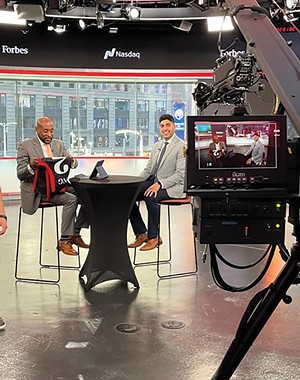
"We realized that it was working, and this model, which allows the athletes a larger share of the profits from their NIL and the ability to design their own products and marketing, had not been done anywhere else," Farag said. "Essentially, with Mark's investment, we were then able to build out the NIL platform that we started in Illinois for all sports, all athletes, and we took it to other schools around the country."
Campus Ink sales have now grown into the millions, with corporate offices in Chicago and a 14,000-square-foot plant in Urbana with 75 employees.
"We are providing a way for collegiate athletes to profit from merchandising their NIL at about 50 colleges and universities currently, using our licensed platform, with an additional 90 more on board to launch," Farag said.
Farag positioned his company to respond to sentiments demanding that college athletes should be able to realize fair market value, while navigating the nonprofit cooperatives behind public university sports programs. Farag designed a platform to pay athletes a greater share of profit on merchandise than Nike, Adidas, Under Armour or Fanatics.
Campus Ink also provides state-of-the-art training to students in design, sales and marketing. The sales force involves hundreds of students located on college campuses throughout the United States, according to Farag.
Farag has been traveling the country during the men's and women's NCAA basketball championship playoffs to meet with college representatives and introduce hundreds of athletes to the program that can benefit them and their teams' bottom line.
"We do not have Caitlin Clark, but anywhere between 200 and 300 new athletes around the country are going live on our platform per week," Farag said.
– Catherine O'Connor

